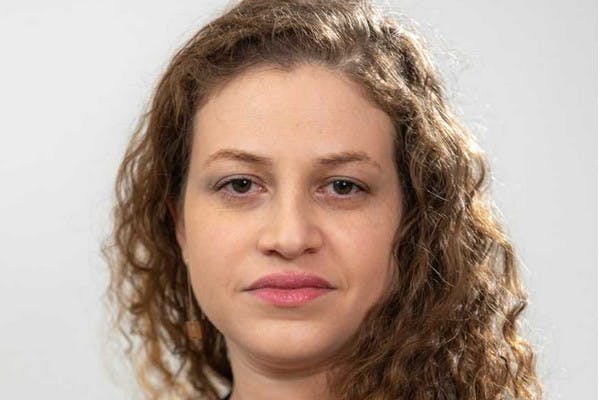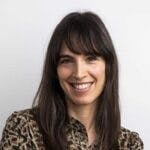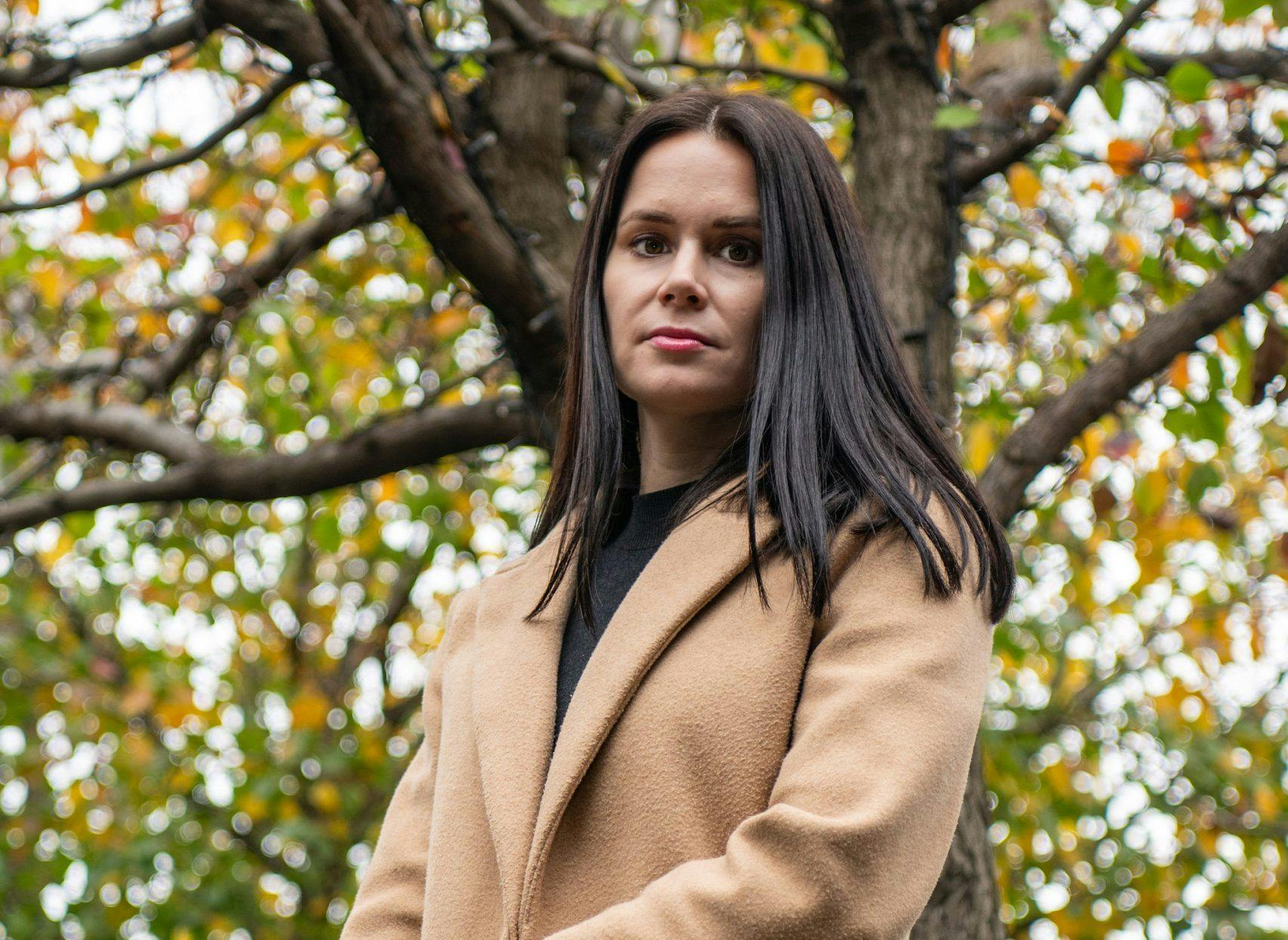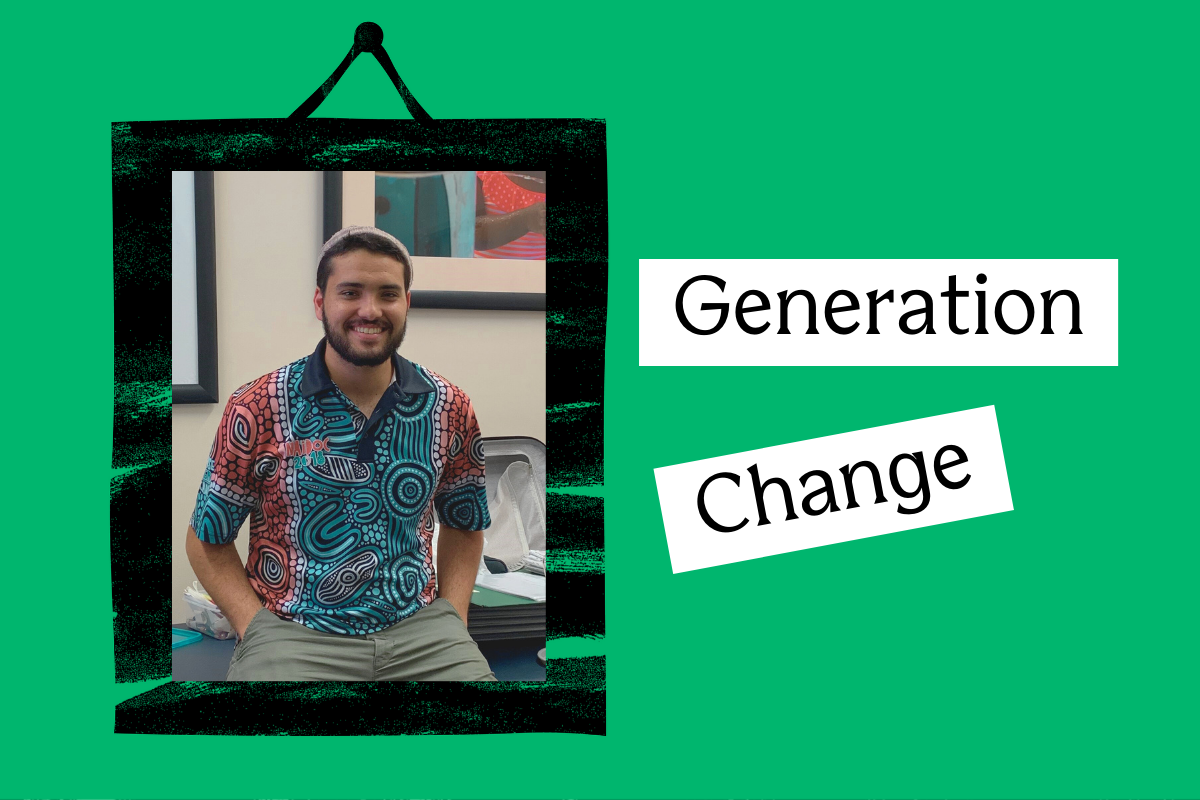Published: 13 June 2019
Last updated: 4 March 2024
That is, she did appear in the posters all over Israel except for in one city, where she was wiped out of them, under the pretext that the fictional mushroom dweller “might incite the feelings of the city’s residents”.
It sounds like a joke. Or, at best, a scene ripped from a dystopian film by Terry Gilliam, of Monty Python fame.
But it happened, two years ago, in Bnei Brak, the majority ultra-Orthodox town near Tel Aviv. And it is symptomatic of a dangerous, and growing trend, says Miriam Zalkind, a lawyer with the Israel Women’s Network (IWN): the increasing erasure of women in Israeli society, not just in religious neighbourhoods, where gender segregation has long been the norm, but in secular society, too, at cultural events, in the sphere of education and in the workplace.
“It’s just the notion that even seeing a woman or hearing a woman, everything that can remind you of a woman is impure,” says Zalkind, director of IWN’s policy and legislation department, who will be speaking about this at Limmud Oz, a three-day festival of Jewish ideas, in Sydney this weekend.
“So of course, I have to stress that it’s not all the Haredim” – she says, referring to the ultra-Orthodox community – “but the extremists are setting the tone, and everybody is following them in some ways.”
If this sounds like an exaggeration, one needs only to scroll down the long list of human rights abuses that Zalkind rattles off, over the phone from her home in Jerusalem, to be disabused of this notion.
At a recent Independence Day celebration, a girl who was about to sing on stage was not permitted to by a religious official because there were some Haredi people in the crowd, and they didn’t want to hear a girl singing.
At a recent Independence Day celebration, for instance, a girl who was about to sing on stage was not permitted to by a religious official (though she was allowed to stay on stage ), says Zalkind, “because there were some Haredi people in the crowd, and they didn’t want to hear a girl singing”.
IWN is currently suing Egged, Israel’s largest transit bus company, after one of its bus drivers allegedly verbally harassed a teenage girl for wearing shorts on a summer day, and subsequently barred her from boarding the bus.
A female student at a secular Israeli university, says Zalkind, was recently sent home because “she came to campus on her motorbike, which was not considered modest enough.”
And, last year, 30 religious soldiers turned their back on a female army instructor who was demonstrating how to fold a parachute, because they found this bodily behaviour offensive.
The last example is just the tip of the iceberg in terms of the growing number of cases of women being prohibited from doing their work, because of increasing demands from the ultra-Orthodox community, which, although it makes up only about 11 per cent of Israel’s population, holds a great deal of political power because Israeli politicians are unable to form a coalition government without its support.
The IWN recently took on the case of a female soldier who worked in logistics and was not allowed to take a course that would have led to a promotion, because a single complaint from a religious soldier was deemed enough to exclude her.
In another case 18 months ago, a female lawyer who tried to visit her client in jail was rejected entry by a guard, because she was not dressed “modestly” enough. (She was wearing ordinary business clothes.)
The IWN recently took on the case of a female soldier who worked in logistics and was not allowed to take a course that would have led to a promotion, because a single complaint from a religious soldier was deemed enough to exclude her.
Was the guard ultra-Orthodox, or particularly religious?
“No,” says Zalkind. “I think they’re” – many secular Israelis – “just getting the sense of cultural change, where it’s OK to say to a woman, you are not allowed here, because you are not modest enough.”
It smacks of the kind of conditions that, until recently, were considered the domain of Islamic countries where extreme laws deny female citizens many basic rights. And it’s something that Jews from around the world are becoming concerned about.
Just two weeks ago, centrist Israeli politician Yair Lapid slammed prime minister Benjamin Netanyahu for “turning Israel into Iran”, after a draft agreement between Netanyahu and the ultra-Orthodox United Torah Judaism party, penned during failed coalition talks last month, was leaked to the press, revealing that Netanyahu had agreed to changing the law barring discriminatory separation of men and women in public.
“As someone who is a proud Zionist, but also a feminist, watching some of the stuff that happens in Israel is quite upsetting,” says Sarah Charak, co-chair of Limmud Oz.
How is it that such human rights abuses remain under the radar for most of us, when the abuses suffered by women in countries like Africa, Afghanistan, and in the United States - in the wake of #metoo - are public knowledge?
“I think, for many years, the Palestinian issue was really in the centre of the world’s attentions, and maybe that marginalised everything else,” says Zalkind.
And, within Israel itself, many women aren’t aware of how bad the situation is, says Zalkind, because the idea that “separate is not equal” – the cornerstone of the American civil rights movement that helped topple racial segregation – is “not very strong in Israel. Because for so long, there has been gender separation between men and women in synagogues and at certain beaches. So Israel’s population is a bit used to separated places.”
The Israeli lawyer’s goal, at Limmud Oz, is to learn from others, and hopefully gain “potential allies worldwide” in her fight to reel back the erosion of women’s rights in Israel that, she says have become increasingly curtailed in the last five years.
“Before, [ultra-Orthodox Jews in Israel] were saying, ‘we would like to have separate campus foods [at universities], but it will be very limited, after that, we’ll go to a mixed workplace, and everything will be ok, and integrate into society’. They were very apologetic about it.
“Now, they’re talking in terms of rights - ‘we have the right to lead a segregated kind of life, even when we are amongst secular people, even when we’re amongst the campus, or workforce, it’s our cultural right.’ And of course, that is an enormous threat to the rights of women in Israel.”
Her fight is particularly urgent now, she says, in advance of Israel’s September legislative election. “It’s not about modesty, and it’s not about halacha, and it’s not about Judaism, just about power and men preserving the power they have, and they don’t want to let that go.”
Miriam Zalkind will speak at three sessions at Limmud Oz this weekend.




